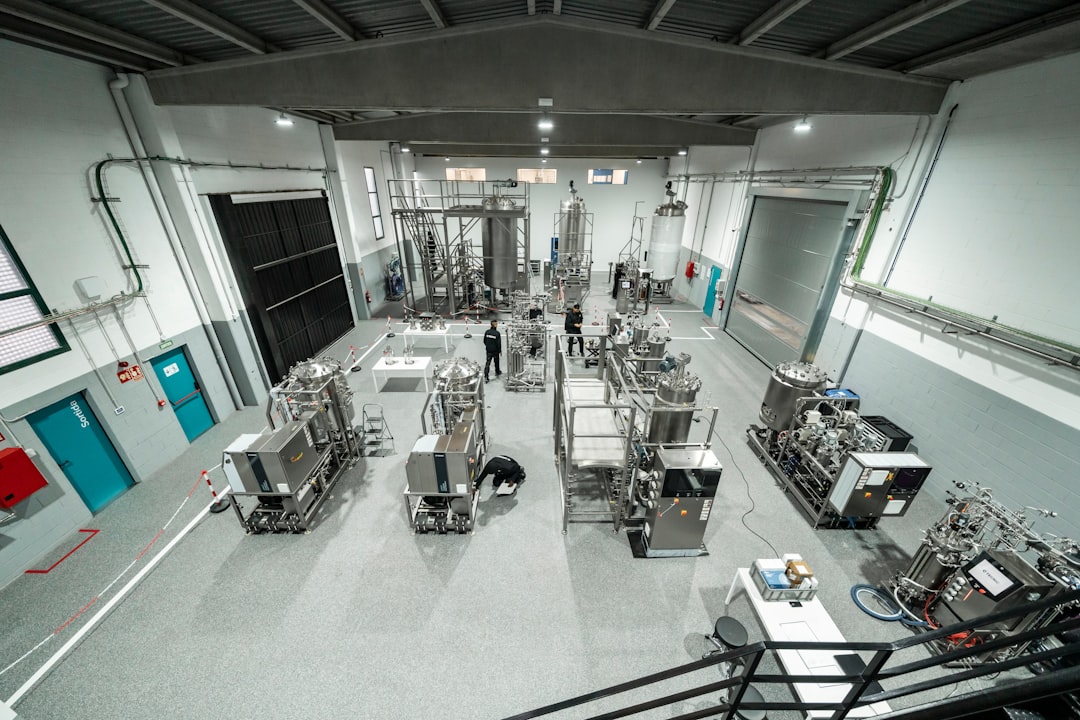Market Report on Educational Hydrogen Demonstration Training Units
The growing interest in hydrogen as a clean energy source has led to an increased focus on education and training in hydrogen technologies. Educational hydrogen demonstration training units are becoming essential tools for institutions aiming to equip students and professionals with the knowledge and skills necessary to work with hydrogen systems. These training units provide hands-on experience, fostering a deeper understanding of hydrogen production, storage, and applications. This report explores the significance, features, and market trends of educational hydrogen demonstration training units, highlighting their role in advancing hydrogen education.
Importance of Educational Hydrogen Demonstration Training Units
As the world transitions towards sustainable energy solutions, hydrogen is gaining recognition for its potential to serve as a clean fuel alternative. Educational institutions, including universities, vocational schools, and technical colleges, are increasingly incorporating hydrogen technologies into their curricula. Educational hydrogen demonstration training units play a vital role in this effort by providing students with practical, hands-on experience in a controlled environment. Such training units enable learners to grasp complex concepts related to hydrogen production, safety protocols, and applications in various industries.
The importance of these training units extends beyond mere education; they also serve as a bridge between theoretical knowledge and real-world applications. By simulating real-life scenarios, educational hydrogen demonstration training units prepare students for careers in the growing hydrogen sector. This practical approach enhances the learning experience, making it more engaging and effective. As industries increasingly seek skilled professionals who understand hydrogen technologies, the demand for educational training units is poised to rise.
Key Features of Educational Hydrogen Demonstration Training Units
Educational hydrogen demonstration training units are designed with several key features that make them effective for teaching and training purposes.
Comprehensive Curriculum Support:
These units often come with instructional materials that align with educational standards, covering topics such as hydrogen production methods (e.g., electrolysis, steam methane reforming), storage solutions, and fuel cell technology.
Hands-On Learning Experience:
Training units provide students with the opportunity to engage in hands-on experiments, allowing them to observe and interact with hydrogen production processes. This experiential learning fosters a deeper understanding of the subject matter.
Safety Protocols and Equipment:
Safety is paramount when working with hydrogen. Educational training units are equipped with safety features, such as gas detection systems and emergency shut-off mechanisms, ensuring that students learn the importance of safety protocols in hydrogen handling.
Modular Design:
Many training units are designed to be modular, allowing educators to customize the training experience based on the specific learning objectives and available resources. This flexibility makes it easier to integrate hydrogen education into existing curricula.
Remote Monitoring and Control:
Advanced educational hydrogen demonstration units may include remote monitoring capabilities, enabling instructors to oversee experiments and gather data in real time. This feature enhances the learning experience by allowing for data analysis and discussion.
Market Trends
The market for educational hydrogen demonstration training units is experiencing growth, driven by several factors.
Increased Investment in Hydrogen Education
Governments and private organizations are increasingly recognizing the importance of hydrogen education in preparing the workforce for a sustainable energy future. Funding initiatives and grants aimed at promoting hydrogen research and education are on the rise, leading to increased investment in educational training units.
Collaboration Between Industry and Academia
Partnerships between educational institutions and industry stakeholders are becoming more common, fostering collaboration in hydrogen education. These partnerships often lead to the development of specialized training programs and the creation of educational hydrogen demonstration units tailored to meet industry needs.
Growing Demand for Skilled Professionals
As the hydrogen sector continues to expand, there is a pressing need for skilled professionals who understand hydrogen technologies. Educational hydrogen demonstration training units are essential in equipping students with the necessary skills and knowledge to enter this burgeoning field. This demand for skilled labor further drives the market for educational training units.
Integration of Renewable Energy Sources
The increasing integration of renewable energy sources, such as solar and wind, into hydrogen production processes is influencing educational curricula. Training units are evolving to include modules on green hydrogen production, emphasizing sustainability and environmental responsibility. This trend aligns with global efforts to transition to cleaner energy systems.
Case Studies
Case Study 1: University Engineering Program
A prominent engineering university implemented an educational hydrogen demonstration training unit as part of its renewable energy curriculum. The unit allows students to conduct experiments on hydrogen production through electrolysis, demonstrating the conversion of renewable energy into hydrogen. Feedback from students indicated a significant increase in engagement and understanding of hydrogen technologies, leading to a rise in enrollment in related courses.
Case Study 2: Technical College Hydrogen Training
A technical college introduced a hydrogen demonstration training unit to its vocational training program. The unit includes hands-on training on hydrogen fuel cells and safety protocols. Students who completed the program reported feeling well-prepared for careers in the hydrogen sector, with several securing internships and job offers from companies focused on hydrogen technology.
Conclusion
Educational hydrogen demonstration training units are essential for advancing knowledge and skills in hydrogen technologies. As the world increasingly recognizes hydrogen’s potential as a clean energy source, the demand for effective educational tools will continue to grow. These training units provide students with hands-on experience, bridging the gap between theory and practice. With increased investment in hydrogen education, collaboration between industry and academia, and a growing need for skilled professionals, the market for educational hydrogen demonstration training units is poised for significant expansion. By equipping the next generation with the necessary skills and knowledge, these training units play a critical role in shaping a sustainable energy future.
For more information visit:
Hovogen: Hydrogen Electrolyzer | Industrial and Scientific Hydrogen Generator
https://www.hovogen.com/
+86-15916927868
Unit 18, 10/F Fortune Commercial Building 362 Sha Tsui Road Tsuen Wan
Hovogen: PEM Hydrogen Electrolyzer | Industrial and Scientific Hydrogen Generator Manufacturer and Solution Provider
